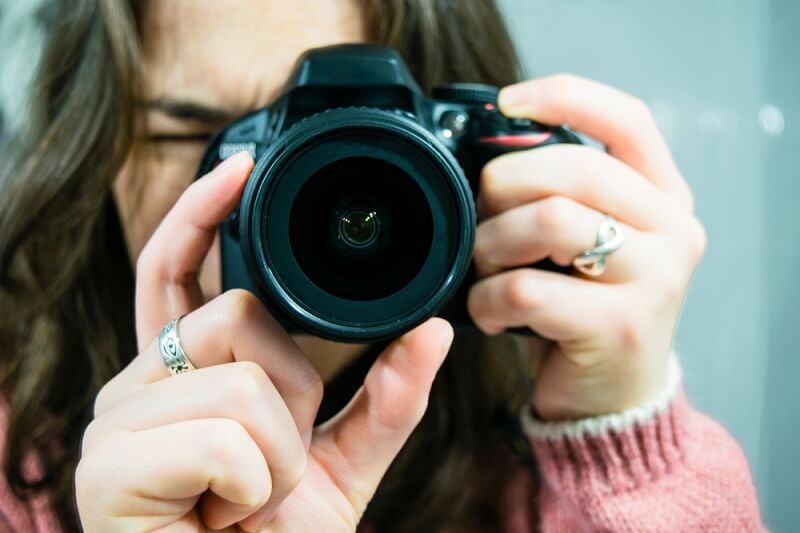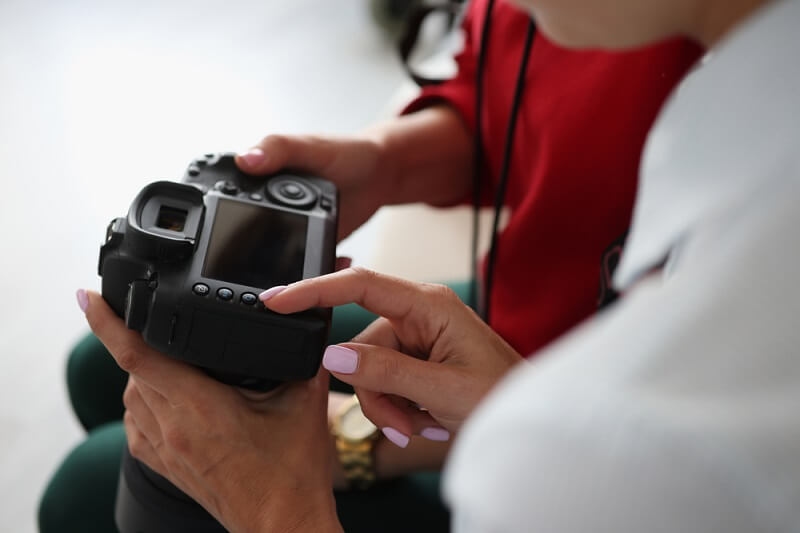
Photography can be one of the most enjoyable and productive hobbies and creative endeavors. It doesn’t matter whether you use a DSLR, a mirrorless camera, or a smartphone camera; knowledge of the basic principles can turn your photos into impactful stories through compelling imagery.
This article includes beginner photography tips to guide you through the process of starting photography, mastering camera basics, and providing easy photography tips to enhance your images. This new photographer guide will take you through all the steps, allowing you to feel confident behind the camera and comfortably grow your abilities.
Before you begin experimenting with complex settings or artistic shots, understanding the basics of your camera is paramount. With every photograph, there are three primary elements that it is relying on—aperture, shutter speed, and ISO--these are the three elements referred to collectively as the exposure triangle".
Here’s what the three mean:
If these three elements are in balance, you will have a well-exposed and sharp image, and it is the basis for all beginner photography tips.
If you're unsure about how to enter the world of photography, start with what you have. You don't need to start with expensive equipment, and many fantastic photographers have begun with simple cameras or even smartphones.
Some significant steps to get started:
Starting with something small and simple will help build your new skills and confidence. From there, once you are comfortable, you will have the opportunity to try some manual settings if you feel an interest growing in you to experiment with your style.
These photography tips for beginners are applicable regardless of the camera you are using and are centered on improving your technique and composing your images.
Key components to remember:
By implementing these habits upfront, beginners can create images that pop while developing their artistic eye.

For beginner photographers, learning some basics of how to use a camera makes the experience easier and creates more opportunities for fulfillment in your work. If you understand your gear, you can be creative in your taking.
Some proper camera modes to learn:
Other things to learn include how to use the focus points, how to set the white balance, and how to use interchangeable lenses. Each of these factors plays a crucial role in determining the final picture's mood and sharpness.
It just takes a few small tricks to make a big difference, especially if you're starting with photography. These simple photography hacks will help you elevate your shots quickly and effectively.
Simple hacks to try include:
These are simple hacks that are easy to implement for making your photos look more professional without going through complex editing.
A powerful composition distinguishes pictures that might otherwise be overlooked. If you are following a guide to being a new photographer, your ability to frame will make a significant difference in your work.
Composition tips to consider:
With time, composition begins to feel instinctual. And you will start to notice visual harmony in whatever you shoot.
Lighting defines mood and texture in every photo. Understanding its role is one of the most valuable photography tips for beginners.
Learn these lighting essentials:
Mastering light helps you control atmosphere and emotion—skills that turn snapshots into art.
Editing is a natural continuation of your creative process. You don’t have to spend money on advanced software to edit your photos; there are simple tools that can bring out the beauty of your photos. Basic editing steps include:
Some beginner-friendly apps, that are very easy to utilize, include Lightroom Mobile, Snapseed, and Canva. Your goal with editing is to help elevate your vision—not for it to take center stage in the image.
Even with all the photography tips for beginners, mistakes are part of the learning process. Recognizing them early helps you progress faster.
Avoid these beginner errors:
Learning from these missteps ensures steady progress in your photography journey.
Mastering beginner photography tips takes time, but the joy of capturing your perspective makes every moment worth it. Continue experimenting, applying photography tips for beginners, and following this new photographer's guide to transform simple snapshots into stunning, expressive images that tell your unique story.
This content was created by AI